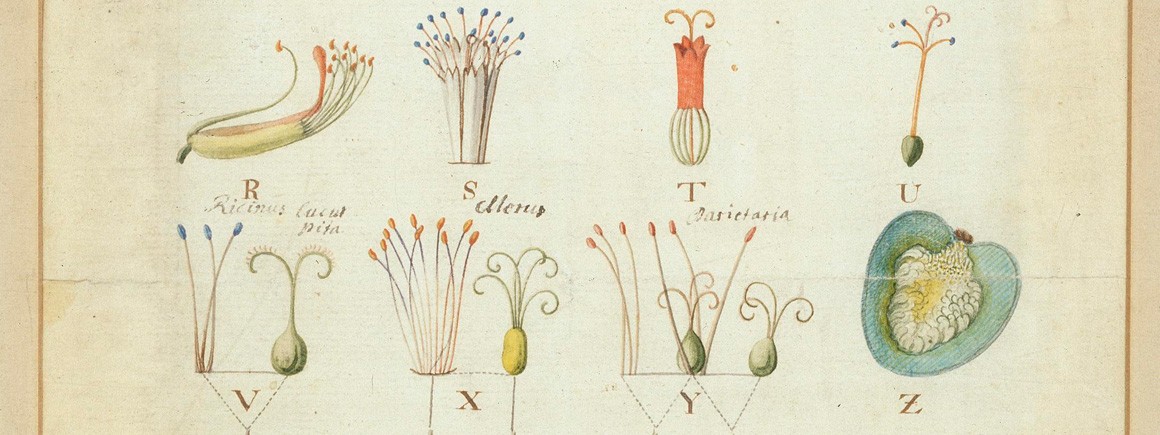Humanity had been wiped out. In fact, all forms of life, animal and vegetable‚ had perished. Everything else, the earth, stone, water, metals, salt and air, were now as though a vain dream, for all had been used up. Excessive compression and levelling had reduced the Universe to cosmic dust.
So great, so immense was the number of mutations and transformations through which matter had passed through from originary chaos—at certain times trapped by Life then yielding once again to Death—that at long last atoms acquired the faculties of memory and moral awareness, without retaining anything formal, sensory, or sensible, since they lacked any sort of organisation.
There were no planets, stars, or suns. No days, no twilights.
It was a continuous night—one illuminated by phosphorescence and faint flashes of escaping electric potential. In this endless night, the funeral rites of Life and Soul took place.
Since they themselves were so vast—almost eternal—their funerals had to be vast and far-reaching too.
In spite of time, which flowed without rest and with the same primordial indifference, the atoms kept the memory of the torn heart of humanity and of the lives which had formed it intact. This was, however, with less consciousness than they had once possessed in the World.
Since it was so heavily laden with memories, this vague dust cloud resembled a living being, even a brain. However this was only to a certain extent, because nothing that pulsed there sought after advantages, conquests, explanations, analyses, or rewards. Memory, for its own sake, was all that it yearned for. At the same time it was weighed down by it, because this was not a memory of happy times, but only one of brief moments of happiness. The rest of the time it spent reliving sorrow, suffering, nausea, and agony.
Still, it was a stubborn memory that wanted at the very least to be engraven on the monstrous marble of some immense Graveyard. For it knew itself to be more stubborn and enduring than the world, though less strong than time, which nothing can resist.
On the very walls of heaven, there “where the Infinite ends" (which is a Graveyard and nothing else besides), the particles crept in through the cracks in this Graveyard. Ancient as it was, these were already beginning to form. There the particles rested, forgetting the ancient claim to pain that they had brought along with them: “let there be no forgetting”, “let the deceit of the heart not be consummated”.
And so the Universe was like an old tomb full of scattered dust, so expansive and neglected that it was impossible for there to be any Record-Keeper, any Historian of those that had been buried.
Nonetheless, a certain poetry could be still felt everywhere, a nostalgia—though it was unclear by whom, since “everything” had disappeared.


